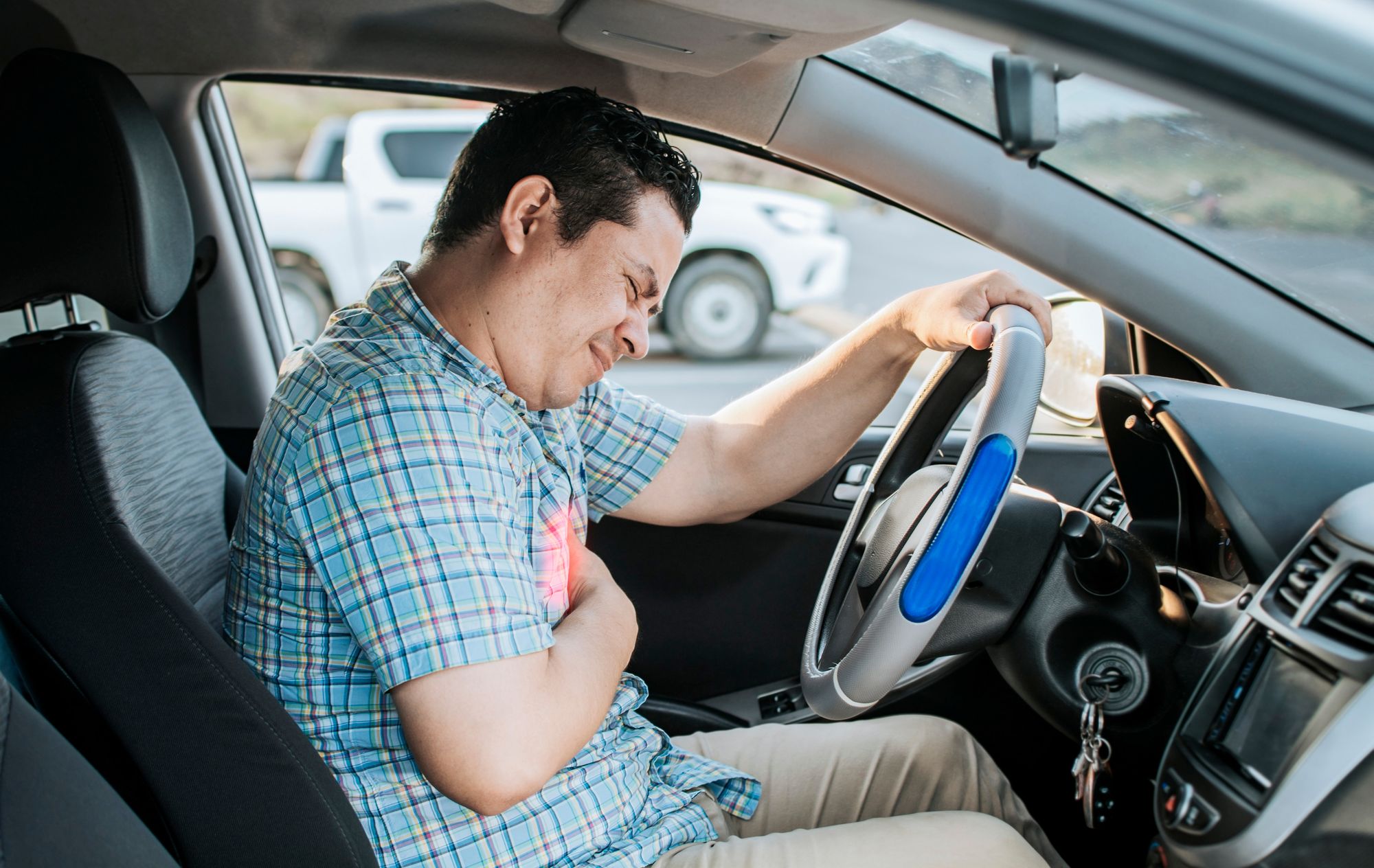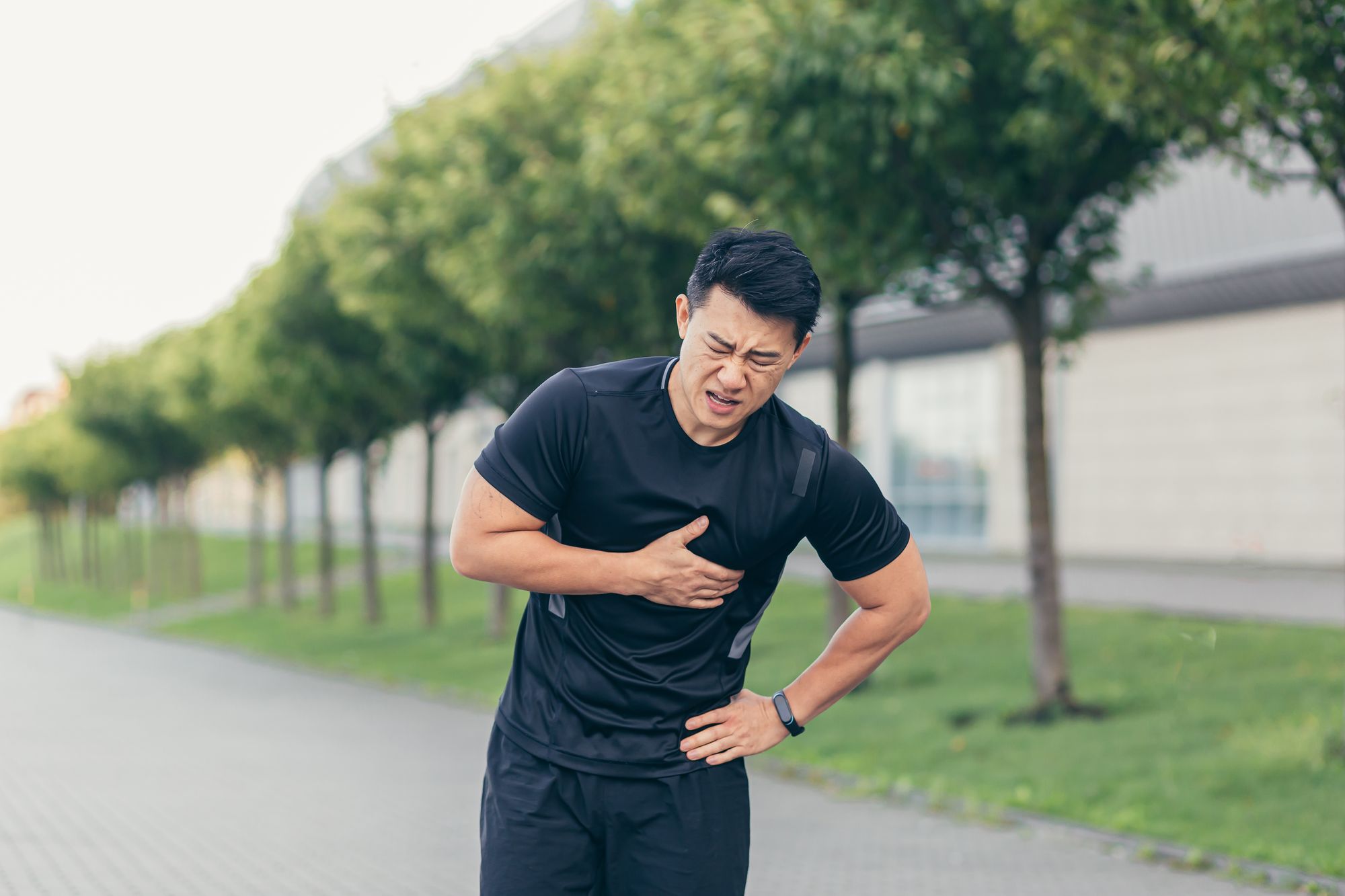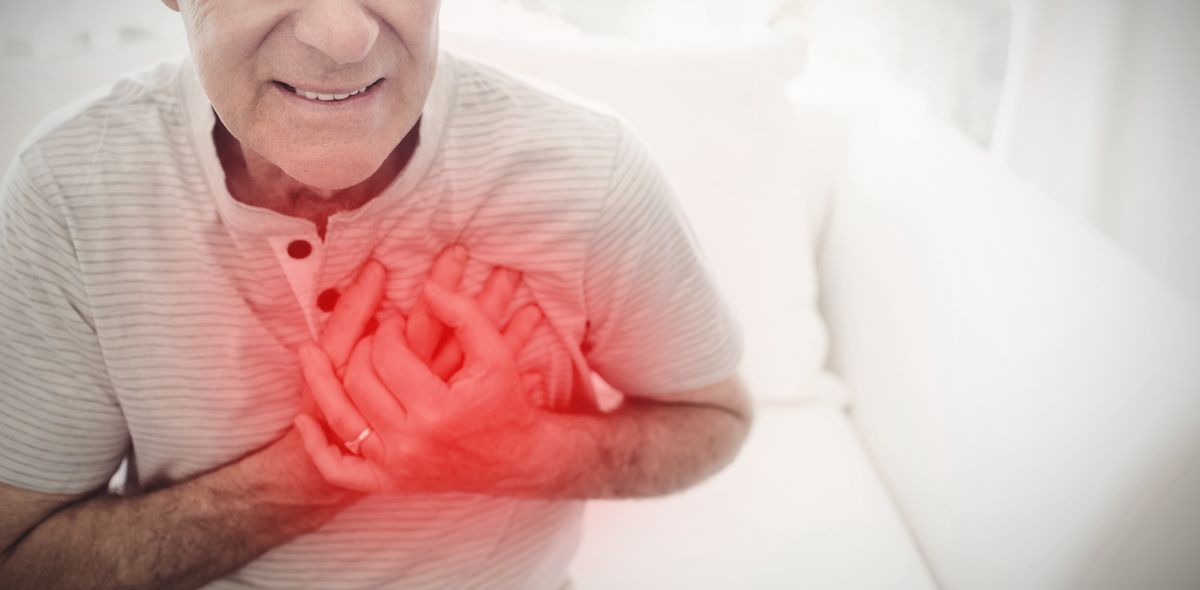Sudden cardiac arrest is a severe emergency that occurs when the heart abruptly stops beating, resulting in unconsciousness and cessation of breathing. Immediate medical intervention is essential for survival, as sudden cardiac arrest is a leading cause of death in the United States, causing 300,000 to 450,000 fatalities annually, according to the National Heart, Blood and Lung Institute. This condition is responsible for approximately half of the deaths associated with heart attacks and strokes.
Despite common misconceptions, sudden cardiac arrest is not equivalent to a heart attack. A heart attack results from blockage of blood flow to a portion of the heart, while sudden cardiac arrest is caused by a disruption in the heart's electrical activity.
Everyone is susceptible to sudden cardiac arrest, but certain lifestyle modifications can reduce the risk, such as avoiding smoking and excessive alcohol consumption, maintaining a healthy weight, and undergoing regular medical check-ups and screenings. To shed more light on the condition, Eat This, Not That! Health consulted with cardiologists who emphasized the importance of every second during this medical emergency.
As always, it is essential to seek professional medical advice from your physician.
1) Understanding Sudden Cardiac Arrest: Important Information to Keep in Mind

Sudden cardiac arrest is a potentially fatal condition that can occur without warning, as explained by Dr. Eli Friedman, medical director of sports cardiology at Baptist Health Miami Cardiac & Vascular Institute. This condition is characterized by a dangerous heart rhythm or a complete cessation of heart activity, which can only be addressed through prompt medical intervention with cardiopulmonary resuscitation (CPR) and automated external defibrillator (AED) within 3 minutes to increase chances of survival.
Recreational drug use and inappropriate use of prescription drugs are known risk factors for sudden cardiac arrest, even in healthy individuals, according to Jayne Morgan, M.D., a cardiologist and clinical director of the Covid Task Force at the Piedmont Hospital/Healthcare in Atlanta, GA.
As sudden cardiac arrests can happen in public areas, many AEDs have been installed in various public places, including offices, schools, shopping malls, airports, and gyms, allowing bystanders to provide medical assistance before first responders arrive. To increase public access to AEDs and promote awareness, it is crucial to know where they are located, learn how to use them through training courses provided by major health organizations or online platforms, and take action to suggest installing them in public areas where people gather and work, such as ships, trains, and aircraft, where emergency help may not be readily available.
In summary, being aware of the risks, knowing the signs of sudden cardiac arrest, and having access to and knowledge of how to use AEDs can save lives, highlighting the importance of public awareness and promoting access to life-saving medical technology.
2) The Causes Behind Sudden Cardiac Arrest: Understanding the Reasons
Sudden cardiac arrest occurs due to a malfunction of the heart's electrical system, as explained by Dr. Morgan. Several factors can contribute to this malfunction, such as a heart attack, scar tissue, cardiomyopathy, electrolyte abnormalities, and Commotio Cordis resulting from a blow to the chest wall at a specific angle and timing of the cardiac cycle.
Dr. Friedman notes that various other factors can lead to cardiac arrest, including pre-existing heart disease, aortic dissections, pulmonary emboli, and electrolyte imbalances, and ultimately, everyone dies from cardiac arrest when the heart stops.
According to John Hopkins Medicine, three primary causes of cardiac arrest include arrhythmia and ventricular fibrillation, an enlarged heart (cardiomyopathy), and coronary artery disease. Arrhythmia occurs when the heart's electrical signals are abnormal, leading to irregular heartbeats. Ventricular fibrillation, a type of arrhythmia, is the most common cause of cardiac arrest. Cardiomyopathy results from the heart muscle's thickening or dilation, leading to abnormal heart contractions. Finally, coronary artery disease occurs when the coronary arteries become narrowed and thickened by blockages of plaque, restricting blood flow to the heart, and can result in heart failure or arrhythmias that may ultimately cause cardiac arrest.
In conclusion, sudden cardiac arrest can have various causes, ranging from pre-existing heart conditions to sudden medical emergencies, and awareness of the risk factors, and promoting access to life-saving medical technology can help prevent and treat this life-threatening condition.
3) Every Second Counts
According to Dr. Morgan, cardiac arrest is a sudden loss of heart function, breathing, and consciousness that typically occurs within six seconds. Immediate cardiopulmonary resuscitation (CPR) is crucial for determining the outcome, as cardiac arrest can occur anywhere, and bystander readiness, or lack thereof, can make a significant difference in the victim's chances of survival.
Dr. Friedman explains that the survival rate depends on the cause of the cardiac arrest, which can improve dramatically if the event is recognized and addressed within the first three minutes with immediate CPR and the application of an automated external defibrillator (AED). Prompt recognition of cardiac arrest is key to survival, and bystanders must call 911, grab the nearest AED if available, and start CPR with the application of the AED. It is critical to continue performing CPR and following AED instructions until emergency medical services arrive.
In summary, immediate action is essential for increasing survival rates in cases of cardiac arrest, including prompt recognition of the condition, calling 911, and initiating CPR with the use of an AED. By doing so, bystanders can play a crucial role in saving lives during this medical emergency.
4) The Long-Term Health Effects of Cardiac Arrest on Survivors
Dr. Morgan and Dr. Friedman highlight some of the long-term health issues that survivors of cardiac arrest may experience. According to Dr. Morgan, loss of an intact neurological system can result in various functional deficits, such as difficulties with speech, eating, getting dressed, memory, and walking. Dr. Friedman notes that survivors can experience mental health issues, and broken ribs are also common due to CPR and the sequelae of the event that caused the cardiac arrest.
NYC Langone Health warns that surviving cardiac arrest does not guarantee a return to a pre-arrest state of health. Neurologic dysfunction, brain injury, disorders of consciousness, neurocognitive deficits, changes in quality of life, and physical and psychological well-being are among the risks that survivors may face. The institution also states that many successfully resuscitated individuals may experience significant long-term issues, including brain injury, functional deficits, and psychological and cognitive deficits such as PTSD, anxiety, depression, and memory loss.
In conclusion, survivors of cardiac arrest may experience various long-term health issues that can significantly affect their quality of life. Physicians and medical professionals must be vigilant in monitoring these patients for potential complications and providing necessary care and support to minimize the long-term impact of this life-threatening event.
5) Recognizing the Warning Signs of Cardiac Arrest

The Cleveland Clinic highlights the fact that sudden cardiac arrest can occur without any prior symptoms in more than half of the cases. However, symptoms can include fainting, racing heartbeat, chest pain, dizziness, lightheadedness, shortness of breath, feeling sick to your stomach, and vomiting. These symptoms indicate the onset of a potentially dangerous heart rhythm problem that can lead to sudden cardiac death.
The Mayo Clinic describes the symptoms of sudden cardiac arrest as immediate and severe, including sudden collapse, no pulse, no breathing, and loss of consciousness. In some cases, other symptoms may precede sudden cardiac arrest, such as chest discomfort, shortness of breath, weakness, and palpitations (a fast-beating, fluttering, or pounding heart).
It is crucial to recognize the symptoms of sudden cardiac arrest promptly, as this can be a life-threatening emergency that requires immediate medical attention. Individuals who experience any of these symptoms should seek medical attention as soon as possible to prevent sudden cardiac death.

